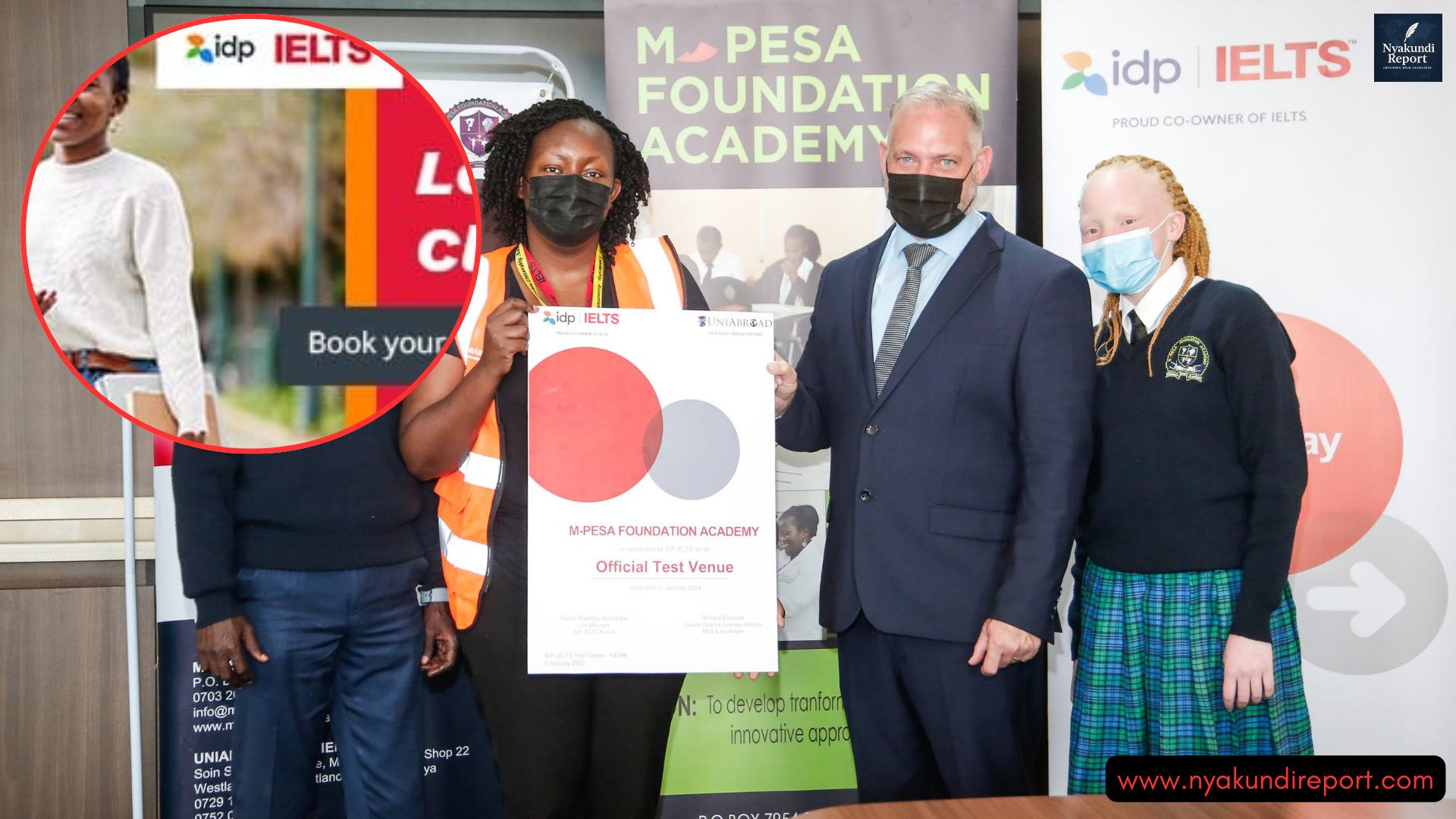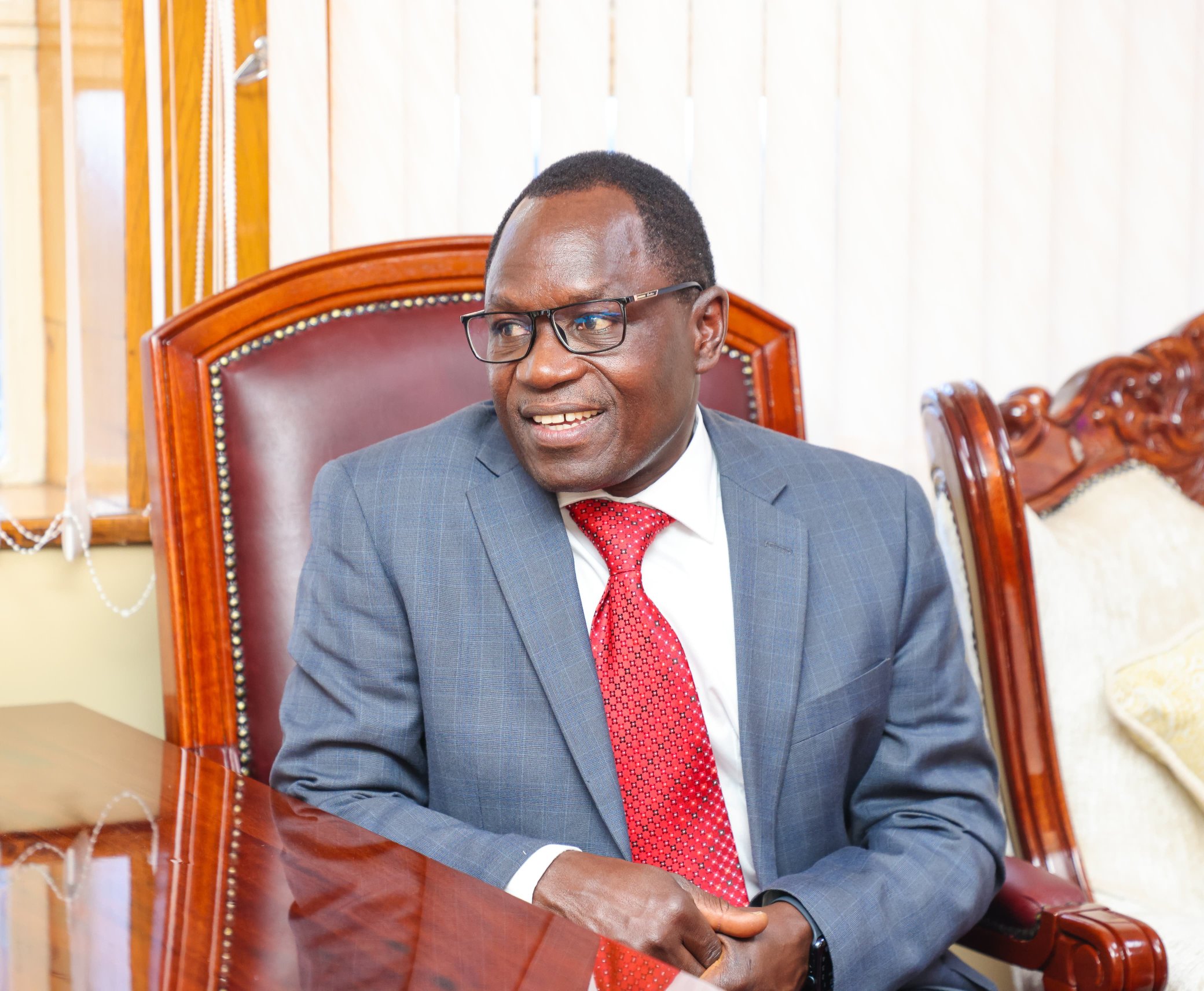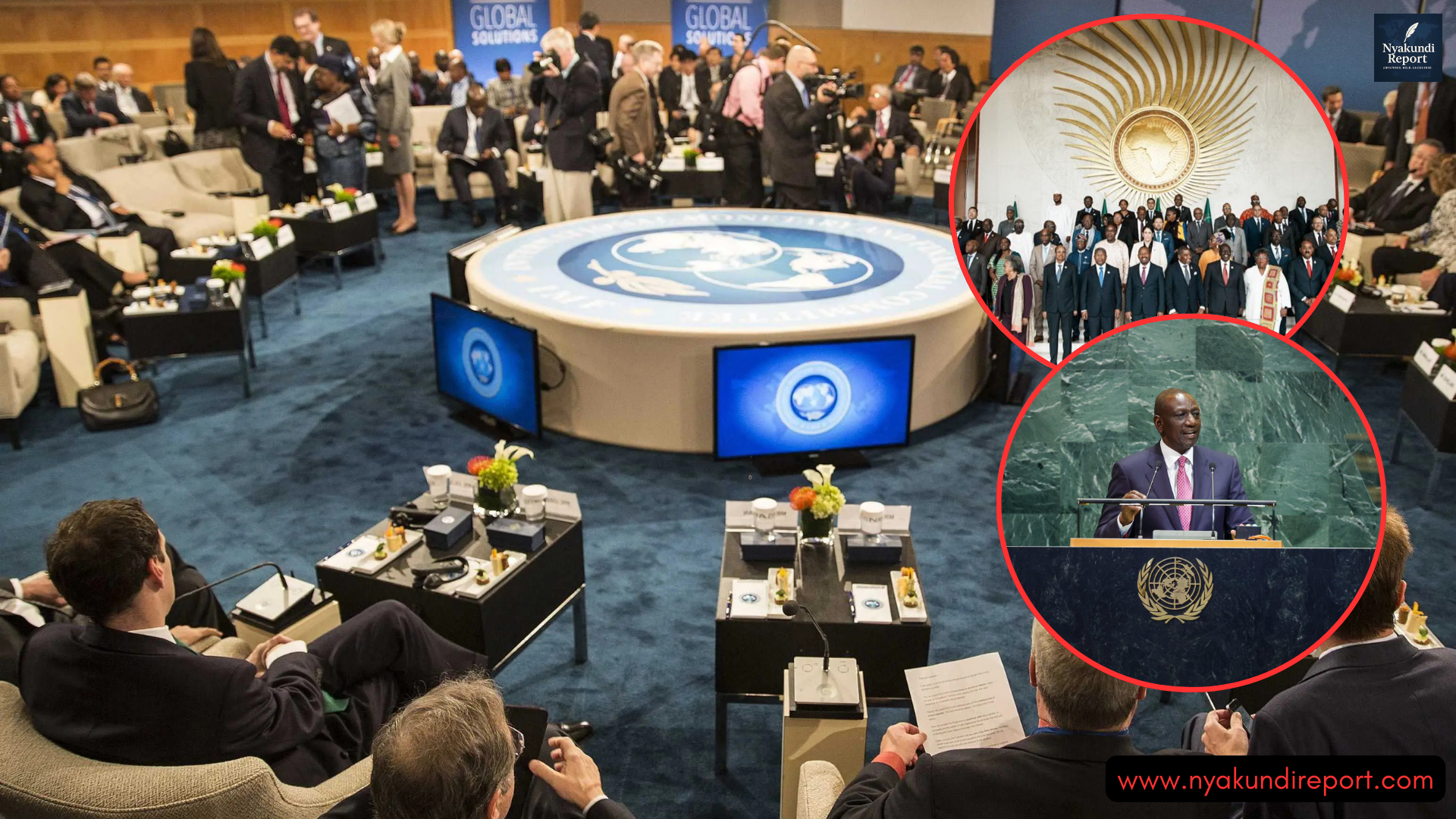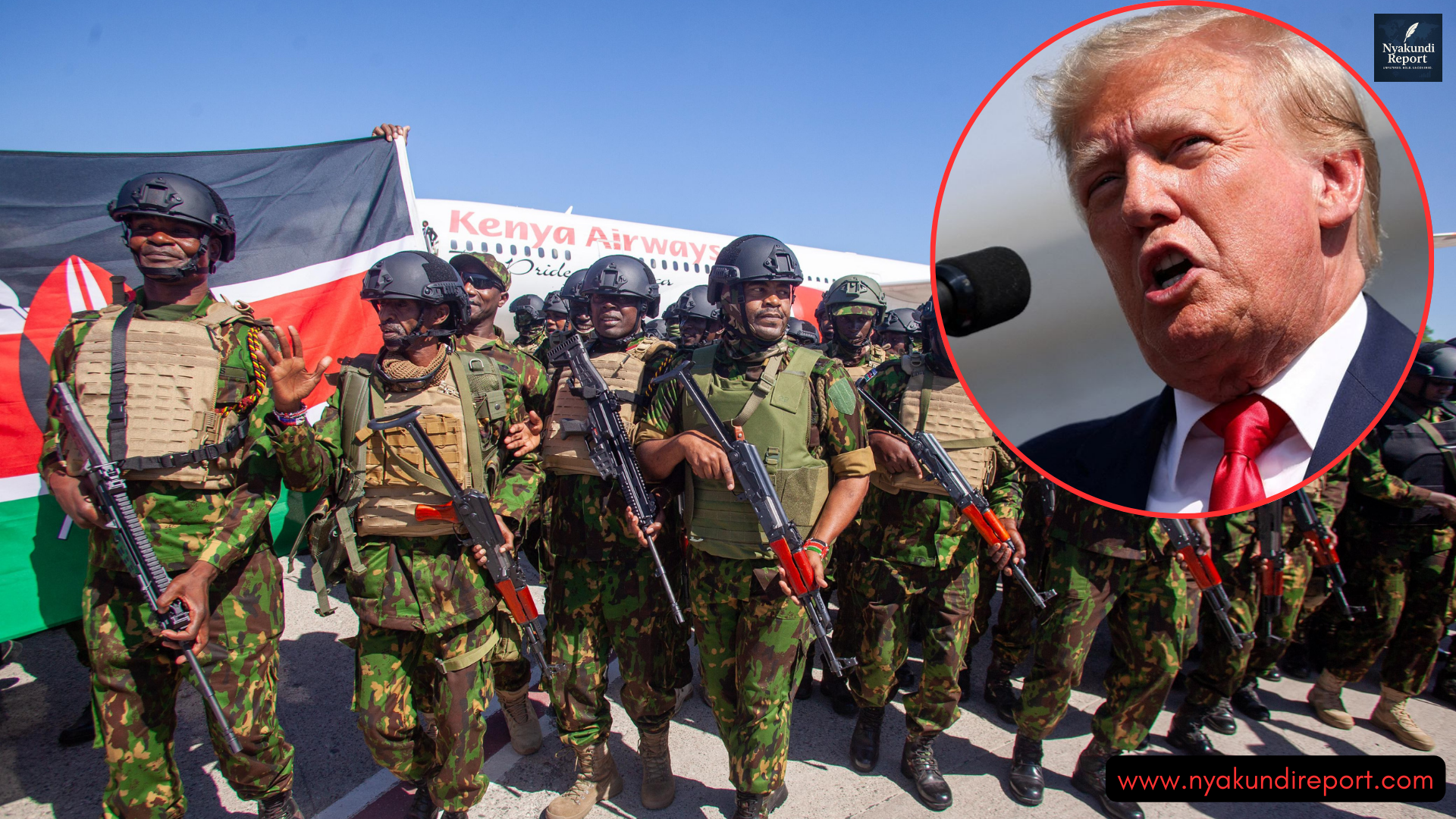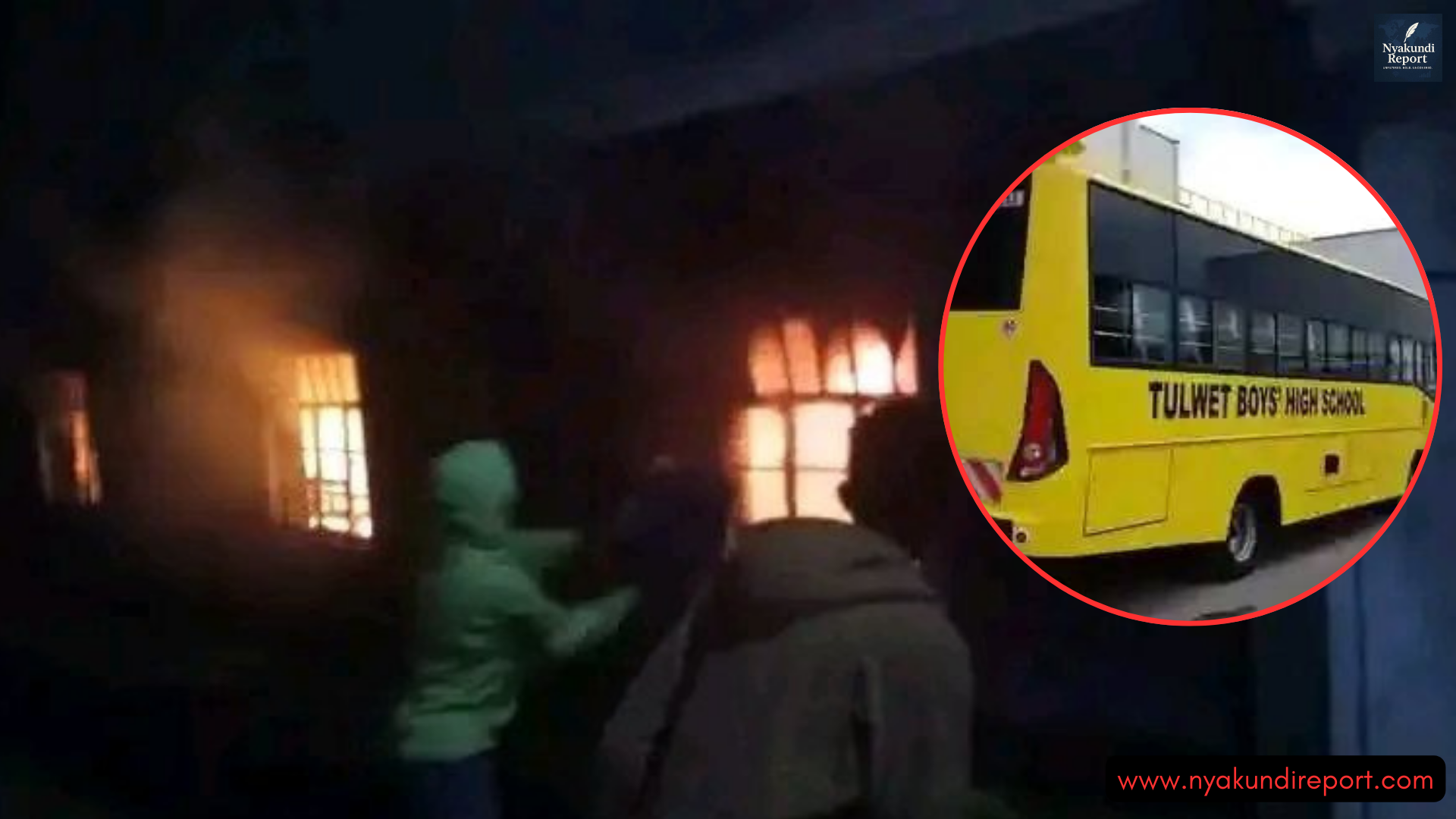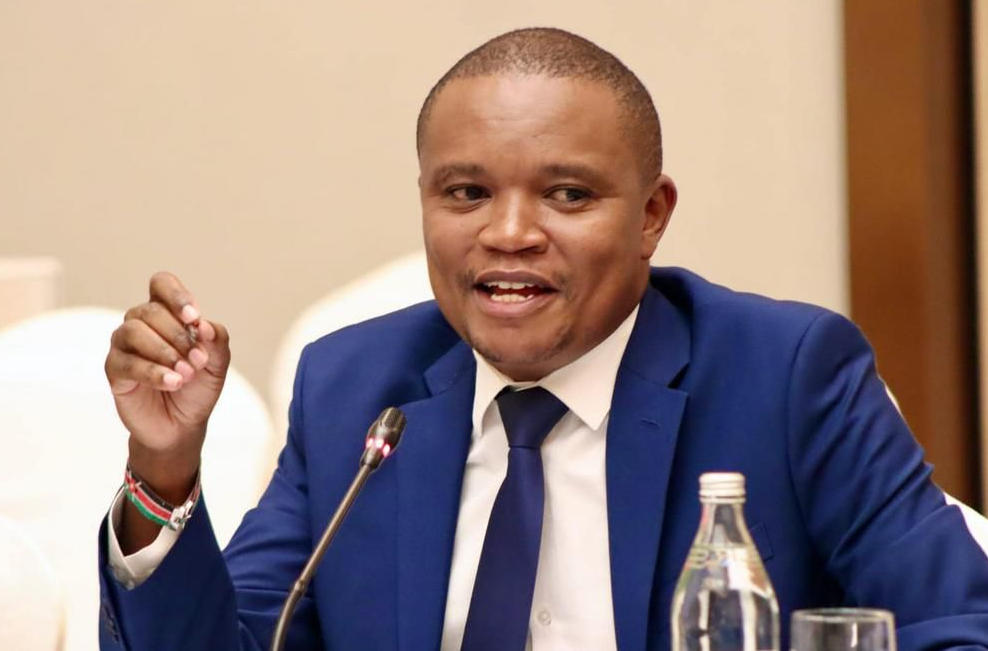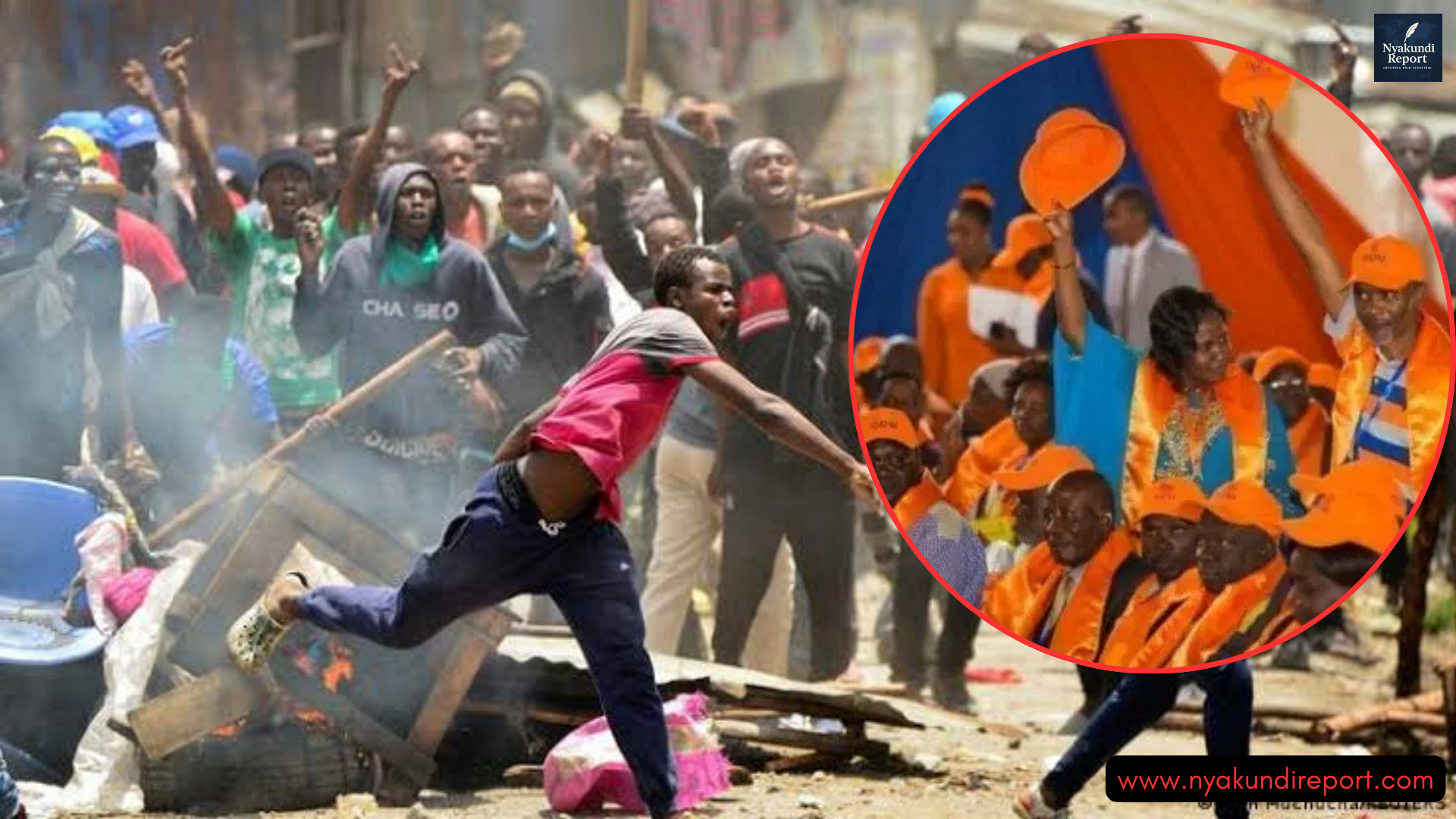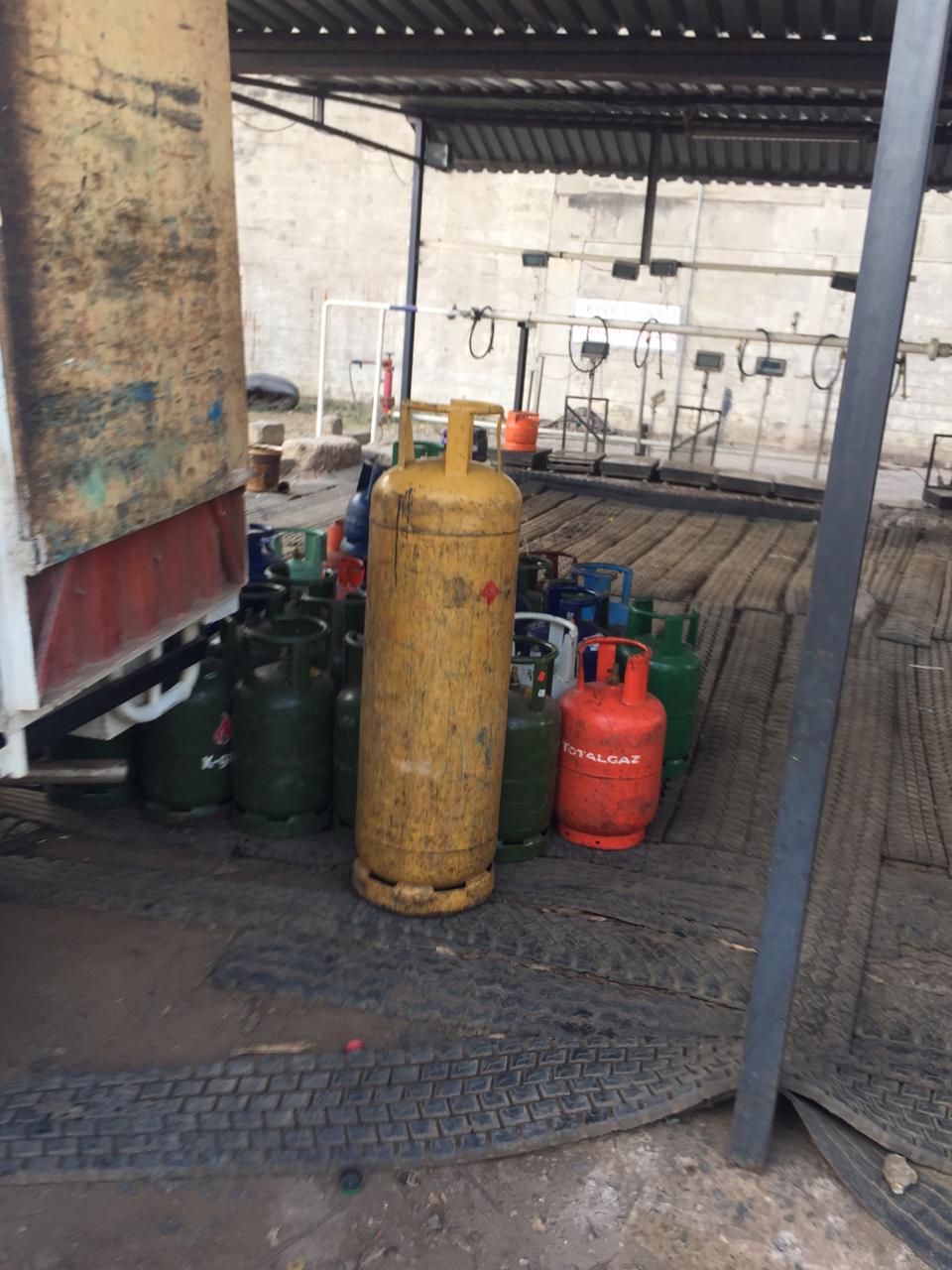Butere Technical Training Institute (TTI), once seen as a promising hub for technical and vocational education in Kakamega County, is reportedly at the centre of a growing crisis that has allegedly left its staff unpaid, its students disillusioned, and its management under scrutiny.
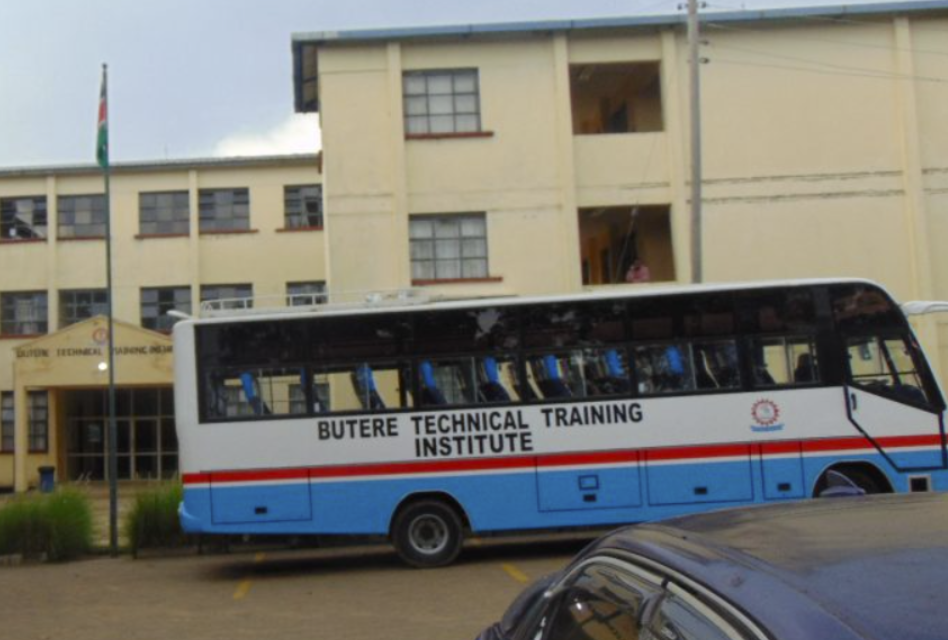
Since the leadership transition in 2020, concerns appear to have mounted over governance and financial integrity at the institution.
Mr. Chanzu Z. Lomolo, formerly of Kisumu National Polytechnic, assumed the role of principal in late 2020, alongside Deputy Principal Violet Pamela Mwale, who was reportedly transferred after facing disciplinary issues at Keveye Girls and was said to have been interdicted around 2018.
Her appointment and continued influence have now become part of a broader conversation around accountability and transparency at the institution.
By 2021, the situation is said to have begun unravelling.
Trainers employed under the Board of Governors (BOG) terms reportedly stopped receiving salaries, even as support staff, allegedly hired under two private companies linked to the principal, continued to be paid.
These firms, whose employees are said to largely come from Lunza (the principal’s home area), remain operational within the institution, raising potential conflict-of-interest concerns.
This dual arrangement appears to have prompted a mass exodus of qualified trainers.
Some are said to have secured government jobs elsewhere, while others reportedly left without receiving salary arrears, many of which remain unsettled.
Internal estimates suggest the total unpaid salaries now range between KSh 8 million to KSh 12 million.
More than seven former trainers are understood to have officially cleared with the institution but have yet to be compensated for the months they worked.
In early 2025, a glimmer of hope reportedly emerged when Butere TTI received a KSh 25 million funding injection.
However, insiders claim only a portion of the salary arrears, equivalent to 13 of the 16 months owed, was disbursed, with no clear explanation given for the shortfall.
Since mid-February, staff are once again said to have gone unpaid for over four months.
Frustration appeared to reach a boiling point recently when students staged a strike over the alleged misappropriation of funds intended for their cultural day.
The event was ultimately postponed, and students accused the administration of financial mismanagement.
While the protest attracted local media attention, underlying concerns remain largely unresolved.
Butere TTI’s ongoing struggles seem to reflect broader systemic issues involving oversight and institutional governance.
Allegations of staff exploitation, delayed payments, opaque financial practices, and administrative conflicts of interest now appear to define the institution’s daily reality.
Observers are increasingly calling for urgent intervention from the Ministry of Education, the Technical and Vocational Education and Training Authority (TVETA), and the Ethics and Anti-Corruption Commission (EACC).
Without timely and decisive action, Butere TTI risks losing not only its skilled workforce but also its credibility as a public institution entrusted with youth empowerment through education and skills development.
Below is what some insiders and concerned stakeholders allege to be the root causes and unfolding impact of the crisis at Butere TTI.


